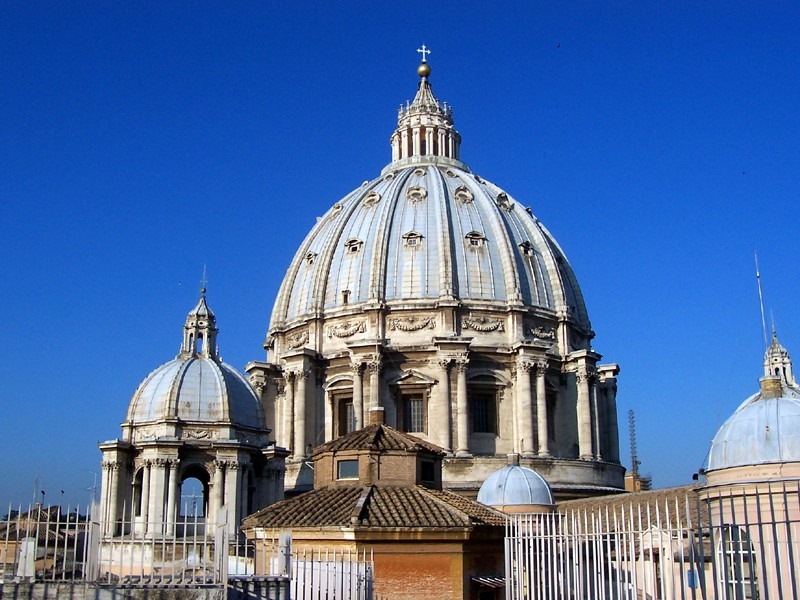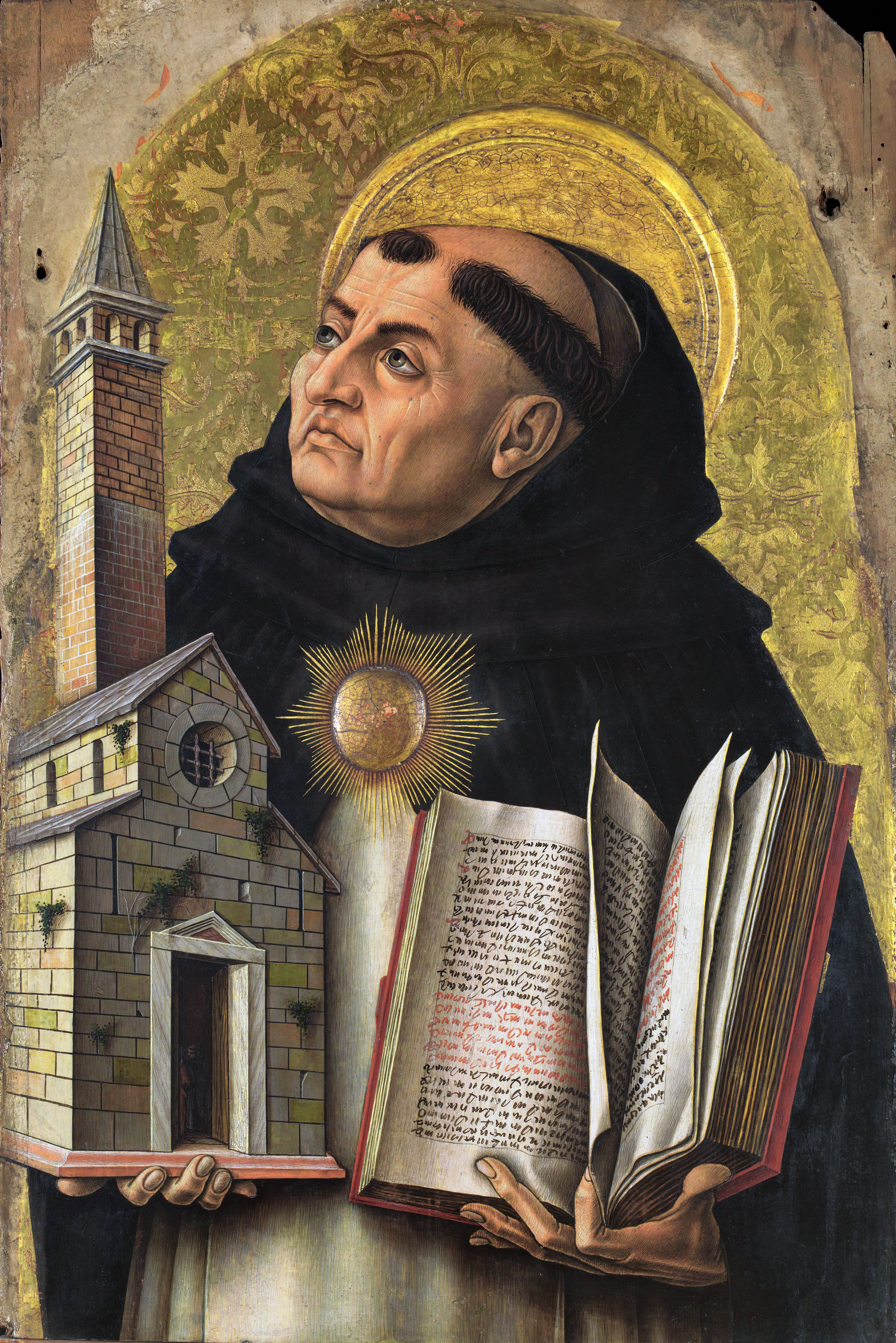Nouvelle théologie (Catholic theology)
Enlarge text Shrink text- Work cat.: 2008943931: Boersma, H. Nouvelle théologie and sacramental ontology, 2009:p. 2 (Nouvelle théologie; ressourcement)
- Rahner, K. Theological dict., 1965(Nouvelle théologie; New Theology; "collective name for very various efforts among French theologians, especially after the Second World War, to reconsider traditional theology in the light of biblical and patristic theology, modern philosophy, and comparative religion so as to make the Church's doctrine more intelligible and more credible to the men of our time.")
- Wikipedia, Aug. 28, 2009("Nouvelle Théologie (French, 'New Theology') is the name commonly used to refer to a school of thought in Catholic theology that arose in the mid-20th century, most notably among certain circles of French and German theologians.... [T]hey advocated a 'return to the sources' of the Christian Faith: namely, Scripture and the writings of the Church Fathers. This methodological move is known by its French name, ressourcement.")
The Nouvelle théologie (English: New Theology) is an intellectual movement in Catholic theology that arose in the mid-20th century. It is best known for Pope John XXIII's endorsement of its closely-associated ressourcement (French for return to the sources) idea, which shaped the events of the Second Vatican Council. It existed most notably among certain circles of French and German theologians. The nouveaux théologiens (new theologians) sought "a spiritual and intellectual communion with Christianity in its most vital moments as transmitted to us in its classic texts, a communion which would nourish, invigorate, and rejuvenate twentieth-century Catholicism." Many of the theologians associated with the movement advocated for a far broader "return to the sources" of the Christian faith: namely, Scripture and the writings of the Church Fathers. They also developed a renewed interest in particulars of biblical exegesis, typology, art, literature, and mysticism.
Read more on Wikipedia >
 Topic
Topic




